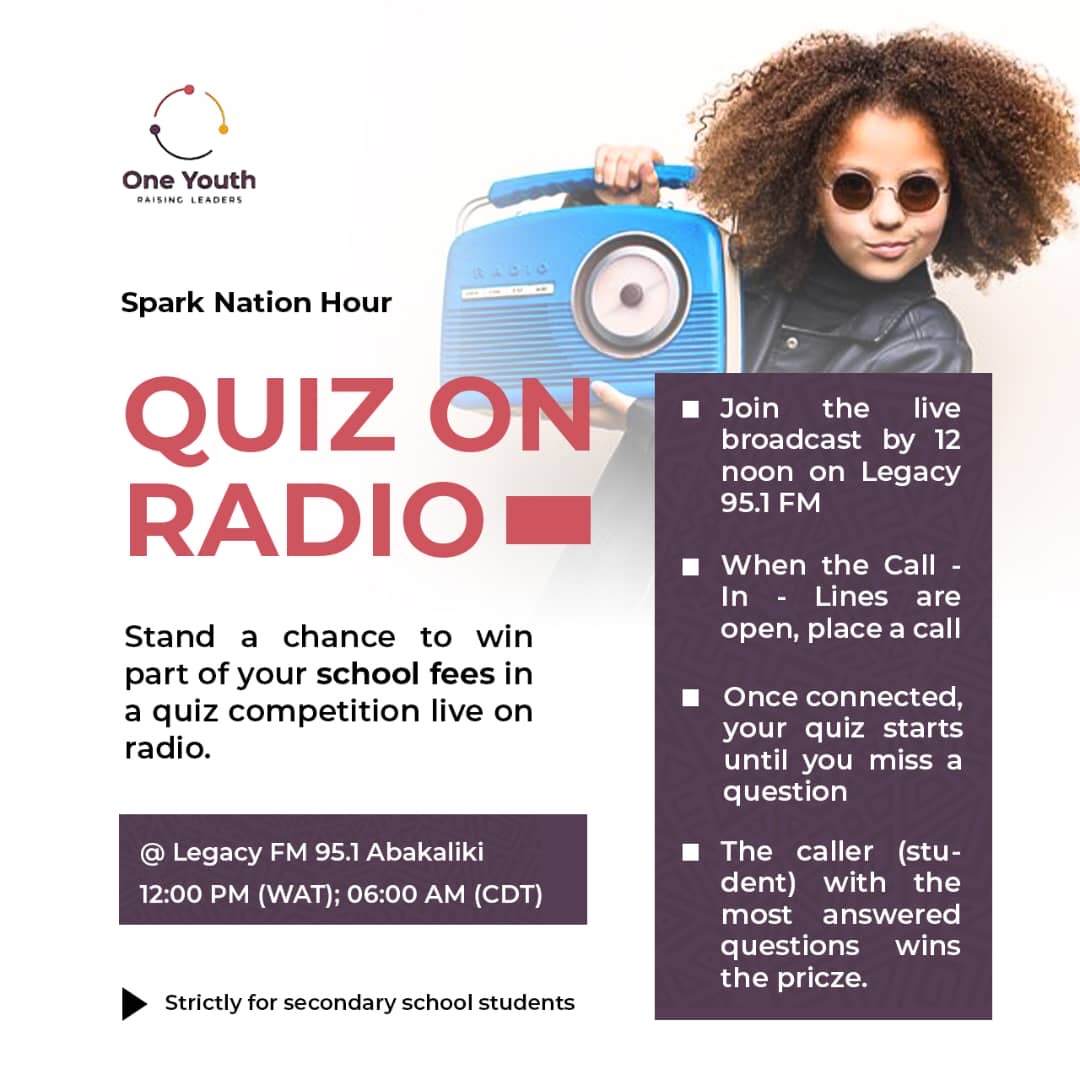When the United States approves a $346 million arms package for Nigeria, the headlines come easy: “Boost for counterterrorism,” “Strengthening security,” “Deepening U.S.–Nigeria ties.” But beneath the surface, the deal raises critical questions that go beyond military hardware and strike at the heart of Nigeria’s persistent security crisis.
Let’s be clear — Nigeria is no stranger to foreign arms deals. From attack helicopters to precision-guided bombs, our military shopping list has grown steadily over the years. Yet, for all the billions spent, the everyday Nigerian in Borno, Zamfara, Plateau, Ebonyi, or even Abuja, still lives under the shadow of insecurity.
This is not just a matter of insufficient weaponry. In 2014, Boko Haram’s abduction of over 270 Chibok schoolgirls happened despite the Nigerian military’s possession of fighter jets, armored vehicles, and a substantial defense budget. In 2020, the killing of 43 rice farmers in Zabarmari, Borno State, showed that even well-armed troops could be outmaneuvered by insurgents. In 2021, bandits shot down a Nigerian Air Force Alpha Jet in Zamfara, raising serious concerns about intelligence, coordination, and ground support. And in recent years, Ebonyi State has seen repeated attacks by unknown gunmen and communal clashes, with rural communities often left to defend themselves.
Will these 1,002 bombs, 5,000 precision rockets, and advanced targeting systems bring lasting peace? Or will they simply restock an arsenal without addressing the root causes of our conflicts — poverty, corruption, porous borders, and a fragile justice system?
The U.S. has framed this sale as a boost to counterterrorism and a step towards regional stability. And indeed, technology matters. Better equipment can mean fewer casualties, faster responses, and more precise strikes. But technology without accountability has often backfired in Nigeria. We’ve seen weapons meant for insurgent battles turn up in the wrong hands. We’ve witnessed human rights abuses that erode public trust in our armed forces.
What is missing from the conversation is a commitment — from both Washington and Abuja — to ensure that this deal is not just about bombs and rockets, but about training, oversight, and a strategic shift in how we wage war and win peace.
Nigeria does not just need more weapons; it needs a stronger social contract. One where citizens see the military not as a distant force armed to the teeth, but as a disciplined institution committed to protecting them and respecting their rights. Without this, even the most advanced munitions will remain blunt tools in a fight that demands precision not only in targeting, but in policy.
The question is not whether $346 million in arms can change the battlefield — it can. The real question is whether it will change the country.
Got insights on politics, economy, governance, or society? Share your perspective! Submit your opinion pieces and contribute to meaningful discussions. Send your submissions to ebonyinews.ng@gmail.com

